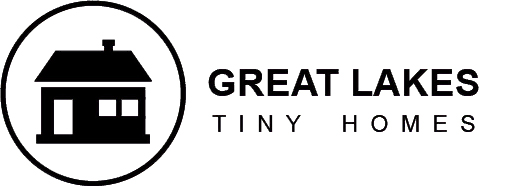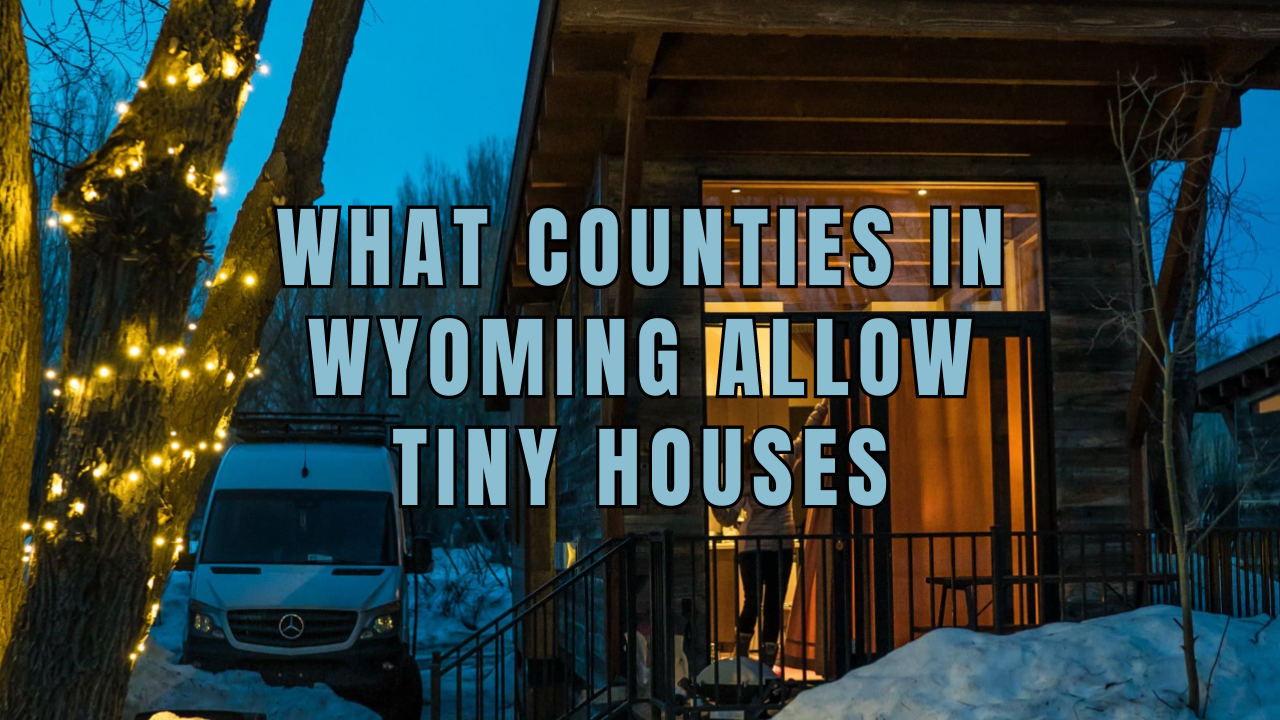The popularity of tiny houses is expanding in Connecticut. However, the state’s zoning restrictions and building codes decide where these homes may be lawfully built and inhabited.
This article looks at the Connecticut counties that allow tiny homes and the legal issues that come with them. Moreover, you can discover where can I buy a tiny house near me.
Tiny House Costs in Connecticut
Tiny homes are a great way to simplify your life, reduce your influence on the environment, and save money on utilities and upkeep without losing any of your favorite things. You are probably wondering about cost options that fit your budget and living in a tiny house.
To assist you in taking the next step toward your living project, we provide you with options to suit every living style and price range. Check out tiny houses for sale in Connecticut.
What Counties in Connecticut Allow Tiny Houses?
The legality of tiny houses in Connecticut depends on the local zoning codes and regulations of the specific municipality. Some areas may allow tiny houses as accessory dwelling units (ADUs), while others may have restrictions or prohibitions. Consider researching the zoning ordinances in your desired location. Some areas, such as Bridgeport and New Haven, have zoning codes that permit tiny houses.
New Haven County
Tiny houses are becoming more popular, and New Haven County has zoning laws to support them. Nonetheless, different towns and cities within the county may have different rules and specifications. Review the local zoning rules to find out if there are any size restrictions, property setbacks, or design requirements. Seeking advice and clarification from zoning or building officials might be helpful.
Fairfield County
Under specific zoning restrictions and size criteria, tiny dwellings are permitted in Fairfield County. Tiny homes are classified as Accessory Dwelling Units (ADUs) under zoning rules, which stipulate size and property setback limitations.
The requirement for a principal residence structure, minimum lot sizes, and supplementary construction licenses for secondary projects are examples of restrictions and limits. Consult with the International Residential Code (IRC) and the additional state and local laws.
Tiny House Regulations And Rules In Connecticut
Zoning ordinances for tiny homes vary by municipality in Connecticut. It’s crucial to check with the local zoning authorities to understand the specific rules and regulations that pertain to tiny homes, including whether they can be placed on a foundation or as ADUs.
Permanent Structure Rules
In Connecticut, a tiny house can only be 13 feet tall. Likewise, tiny homes are subject to all applicable state and municipal rules and the International Residential Code (IRC), although no particular state legislation governs them. Since they are regarded as permanent constructions, tiny homes on foundations are subject to municipal building and zoning laws, which frequently include minimum square feet restrictions.
Temporary Structure Rules
They are tents, trailers, and other temporary buildings utilized for human habitation must adhere to the State of Connecticut Basic Building Code and be authorized by the local Building Board of Appeals. It implies that the Connecticut Department of Motor Vehicles’ trailer regulations adhere to tiny homes on wheels (THOWs), categorized as temporary constructions. Nonetheless, it is against the law to reside in a mobile home in practically all of Connecticut.
Transitional Structure Rules
Transitional buildings are leaving homeless people or other precarious living conditions temporary places to live. Tiny homes have been constructed in Connecticut to reduce homelessness because they didn’t follow zoning regulations, didn’t have construction licenses, and raised safety and sanitary issues. They also ran into legal issues.
In Connecticut, Where Can I Build A Tiny House?
The location of your tiny house is vital. Select a certified tiny house builder to guide you through the process, manage all the paperwork, and ensure your residence complies with building codes.
Living in a tiny home in Connecticut is possible, but ensure that the structure complies with local zoning regulations and building codes. Additionally, consider factors such as utilities, land use, and the specific municipality’s regulations before residing in a tiny home in the state.
Although constructing a tiny house is a big project, it does not need to be stressful if you plan accordingly. The typical places for tiny houses are the following:
- RV parks
- National Parks and campgrounds
- Tiny house communities
- Private properties
Tiny House Communities in Connecticut
Connecticut is home to small house communities that provide a lifestyle for those who value sustainability and simplicity as an alternative to regular homeowners.
Rocky Corner Cohousing
Rocky Corner Cohousing is an intentional living community in New Haven that takes pride in its dedication to fostering polite connections between its members, the community, and the environment. It is a multigenerational, welcoming community that prioritizes giving each individual a voice.
The neighborhood implements a cohousing model in which each individual owns a home but collaborates to maintain and enhance the neighborhood. You have the option to actively engage in growing your food at Rocky Corner and live frugally and sustainably with the community.
Tiny House Builders Near Me
You don’t need to search for tiny home builders because Great Lakes Tiny Homes builder offers multiple tiny house designs with nationwide delivery.
Great Lakes Tiny Homes is an RV Industry Association (RVIA) builder. This certification is live proof of excellent manufacturing standards and conformity with small home safety, construction, and regulatory restrictions.
Do I Need a Certified Builder?
Yes, you do an RVIA. Recreational Vehicle Industry Association is a certification that indicates that the dwelling meets fire, plumbing, electrical, construction, and heating safety criteria.
Working with an RVIA-certified builder, such as Great Lakes Tiny Homes, ensures that your tiny home follows the laws and regulations. Moreover, it offers for your residence materials that are safe, durable, and top quality.
Other benefits of working with a qualified builder also provide you with easier access to finance and insurance coverage.
FAQs
Can You Make a Tiny House in Connecticut Your Main Residence?
Yes, you can make a tiny house your permanent residence in Connecticut. Nevertheless, be mindful of the local rules and regulations. Check with your local authorities and zoning officials to see if your tiny house complies with standards and regulations, including inspections.
How Can I Downsize to a Tiny Home in Connecticut?
Downsizing to a tiny home in Connecticut seems like a daunting task. But with careful planning and consideration, it can be a rewarding move. Start by evaluating your current possessions and deciding what is essential to bring with you. Consider selling, donating, or storing items that won’t fit in your new space. Also, research local zoning laws and regulations to ensure you can legally place a tiny home on your desired property.
Additionally, consider the costs and logistics of building or purchasing a tiny home, and the potential adjustments to your lifestyle. With thoughtful preparation, downsizing to a tiny home in Connecticut can be a transformative experience.
Can I Have a Tiny Home on Wheels in Connecticut?
The regulations for having a tiny home on wheels in Connecticut depend on the specific municipality’s zoning codes and building regulations. While some areas may allow tiny homes on wheels, others may have restrictions or require the home to be placed on a foundation.
Conclusion
Connecticut allows tiny houses; however, the kind of construction (permanent, temporary, or transitional), local zoning rules, and building codes all play a role. Investigate local rules, secure the appropriate permissions, and verify that all safety and health requirements are met.
As interest in small houses develops, some Connecticut communities may become more welcoming, perhaps leading to favorable changes in zoning and construction rules.





